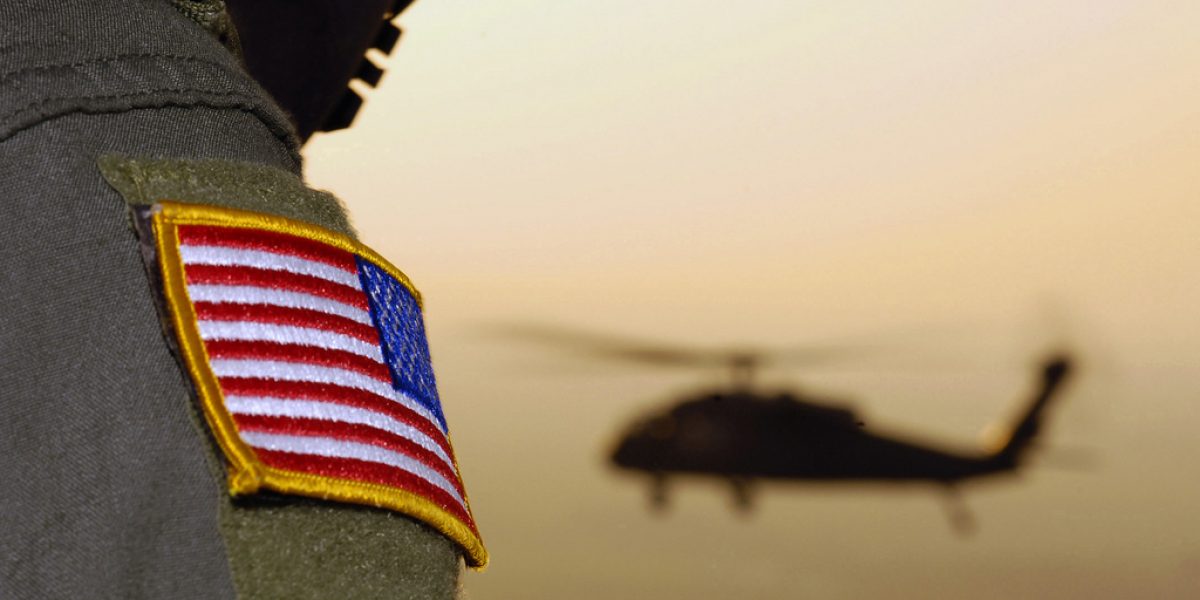What is Africom and why has its creation been so controversial and met with suspicion in some African countries The United States have military commands that cover the globe for liaison with countries in each region and to protect US interests. Until the creation of Africom, the first change to the overseas commands structure in 25 years, most of Africa was lumped with Europe in a group of 92 countries under US European Command (Eucom), based in Germany. Several countries in the Horn and East Africa were grouped with Central Command and the Indian Ocean islands with Pacific Command. For each of these commands, Africa was peripheral to their primary interests.
By grouping all African countries under a new command structure, the US will be able to focus more attention on its military liaison with African countries. The move also demonstrates US recognition that Africa’s strategic and economic importance is increasing. It is in the interests of the US to pay greater attention to security and capacity issues on the continent.
Whilst the setting up of Africom has been controversial in Africa, it has also not been well understood in the US Congress and among Americans in general. Why?
It would seem that the organisational restructuring is a straight-forward and obvious move. Yet the exercise in public information does not seem to have been a success. A degree of visceral anti-Americanism among some of Africa’s politicians is not to be discounted, whatever the merits of the US case are.
Africom has inherited a vast range of on-going projects in 53 African countries from the other commands. The most visible in South Africa was the recent very successful visit to Cape Town of the giant US aircraft carrier, the Theodore Roosevelt that was flying the Africom flag during its time in South African waters. But there are very many more, including training for South African officers at US military establishments, visits by the heads of South African service arms to the US. A Defence Commission involving the two countries meets regularly. US defence attaches have on-going interaction with the military and police to define ways in which the US can assist them. And South Africa sells large amounts of military equipment to the US. South Africa’s mine-proof vehicles have proved very successful and the manufacturers receive letters of gratitude from US servicemen who have survived roadside bombings thanks to the South African equipment. In addition, without in any sense attempting to take over the developmental role of the US Agency for International Development AFRICOM runs Medflag exercises in various countries on disaster relief.
Africom has no troops at its disposal and if a situation arose where they would be needed, they would have to be requested from the global pool. To judge by the time involved in obtaining a small contingent of 80 troops to assist with the problems in Liberia some years ago, this would involve lengthy negotiations and Congressional hearings. No troops are to be moved to bases in Africa, although the small contingent in Djibouti will remain there with the consent of the government of that country.
Co-operation at service level is mirrored by equally positive co-operation between civilian officials in South African government departments and their US counterparts in many disciplines. During 2007, no less than 82 bilateral meetings on issues such as customs and excise, agriculture and many other areas of government responsibility took place.
There are bound to be differences of approach and different priorities between the United States and its African partners, but if the doors are kept open for conversation and negotiation, the relationship can be beneficial for both sides. Knee-jerk negative reactions to the establishment of the US Africa Command are not helpful.








